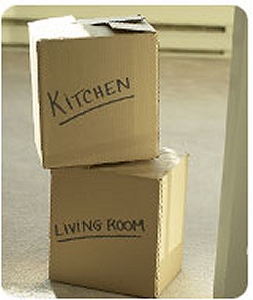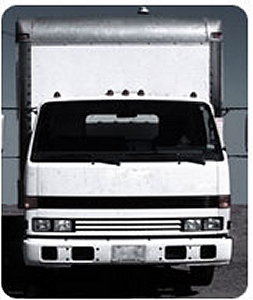- Use up things that may be difficult to move, such as frozen food.
- Get estimates from professional movers or from truck rental companies if you are moving yourself.
- Once you’ve selected a mover, discuss insurance, packing, loading and delivery, and the claims procedure.
- Sort through your possessions. Decide what you want to keep, what you want to sell and what you wish to donate to charity.
- Record serial numbers on electronic equipment, take photos (or video) of all your belongings and create an inventory list.
- Change your utilities, including phone, power and water, from your old address to your new address.
- Obtain a change of address packet from the post office and send to creditors, magazine subscription offices and catalog vendors.
- Discuss tax-deductible moving expenses with your accountant and begin keeping accurate records.
TWO TO FOUR WEEKS BEFORE:
- If you’re moving to a new community, contact the Chamber of Commerce and school district and request information about services.
- Make reservations with airlines, hotels and car rental agencies, if needed.
- If you are moving yourself, use your inventory list to determine how many boxes you will need.
- Begin packing nonessential items.
- Arrange for storage, if needed.
If you have items you don’t want to pack and move, hold a yard sale. - Get car license, registration and insurance in order.
- Transfer your bank accounts to new branch locations. Cancel any direct deposit or automatic payments from your accounts if changing banks.
- Make special arrangements to move pets, and consult your veterinarian about ways to make travel comfortable for them.
- Have your car checked and serviced for the trip.
- Collect items from safe-deposit box.






